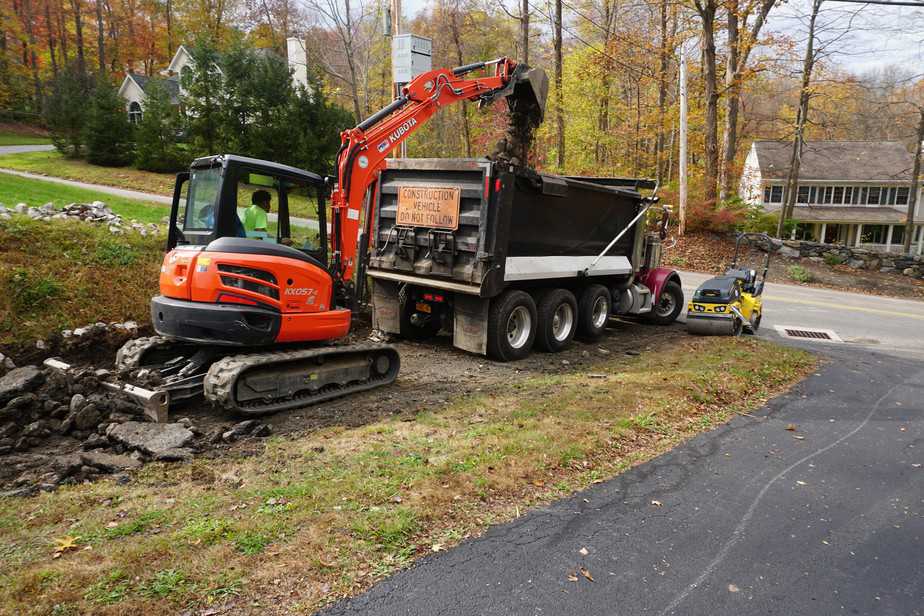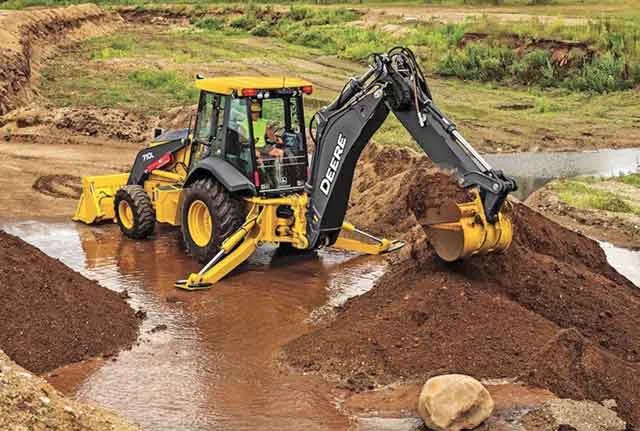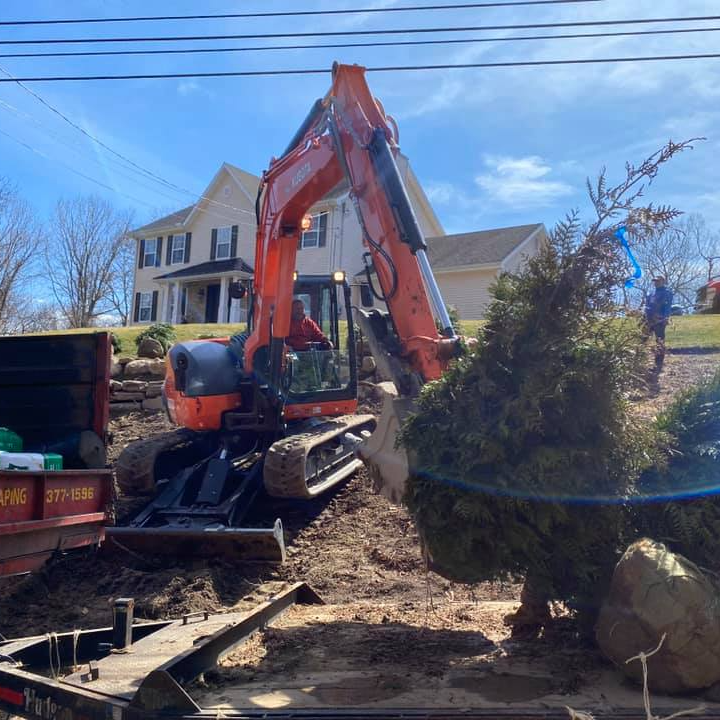Residential Excavating Ohio - Specialized Excavation for Ohio Residences
Residential Excavating Ohio - Specialized Excavation for Ohio Residences
Blog Article
Comprehensive Excavation Techniques: Mastering the Fundamentals for Success
The careful planning, exact execution, and precise interest to detail required in excavation projects require an extensive technique that encompasses different basic facets. The true mastery exists not simply in understanding these fundamentals yet in flawlessly integrating them to navigate the intricacies of excavation tasks with finesse.
Comprehending Excavation Task Planning

The initial phase of any kind of excavation task is the planning stage, where vital choices are made that can dramatically influence the result of the project. Recognizing the project timeline, budget, and range restraints is crucial for developing an extensive excavation strategy that makes certain the task's success.
One secret element of excavation job preparation is the advancement of a thorough timeline that details the series of target dates, tasks, and milestones. By thoroughly taking into consideration all these variables throughout the preparation phase, excavation jobs can be executed efficiently and successfully, leading to successful results - lancaster trenching.
Dirt Analysis and Site Evaluation
Performing comprehensive soil evaluation and site analysis is a critical action in the prep work phase of any kind of excavation task. Dirt evaluation includes identifying the make-up, structure, and buildings of the dirt at the excavation website. This info is critical for comprehending the dirt's bearing capability, dampness material, and potential for erosion, which are key aspects in establishing the excavation methods and devices needed for the project.
Site analysis goes beyond dirt evaluation and incorporates a more comprehensive analysis of the general site problems. This evaluation consists of recognizing any type of prospective threats, such as underground utilities, environmental issues, or unstable surface, that might impact the excavation process. By extensively assessing the website, project supervisors can develop effective excavation methods that focus on safety and security, performance, and environmental management.
Making use of sophisticated modern technologies like ground-penetrating radar, dirt sampling, and drone surveys can enhance the precision and effectiveness of soil analysis and site evaluation. Spending time and sources in these preliminary steps can ultimately save time and protect against costly hold-ups or complications during the excavation process.
Equipment Option and Use
Reliable excavation jobs count greatly on calculated devices selection and utilization to guarantee optimal performance and efficiency. Selecting the right tools for the task is important in making best use of effectiveness and minimizing downtime. Aspects such as the sort of dirt, depth of excavation, and task scope play a substantial duty in establishing one of the most ideal devices for the job at hand.

In addition to picking the proper devices, appropriate utilization is key to project success. Operators must be trained to handle the equipment safely and successfully - dump truck companies in ohio. Normal maintenance checks and prompt fixings assist avoid break downs and ensure regular performance throughout the job
Safety Procedures and Rules Compliance
In the realm of excavation jobs, prioritizing precaution and conformity with laws is extremely important to ensuring a legally look these up audio and secure operational setting. Precaution encompass a variety of methods, including conducting complete site analyses, carrying out correct signs and obstacles, and supplying ample safety and security training for all personnel included in the excavation process. Adherence to policies, such as OSHA needs in the USA, makes sure that the excavation job satisfies the essential requirements to protect workers, spectators, and the surrounding setting.

Tracking Progress and Adjusting Strategies
Just how can forecast managers efficiently track the improvement of excavation projects and adjust their strategies appropriately to maximize results? Surveillance progress is important for guaranteeing that excavation tasks stay on track and meet target dates.

Conclusion
To conclude, grasping the principles of detailed excavation techniques is crucial for the success of any task. By understanding job preparation, assessing dirt and website conditions, selecting appropriate tools, following safety regulations, and keeping track of development, job supervisors can make certain a smooth and reliable excavation process. Applying these techniques will bring about successful end results and lessen potential dangers or problems throughout the excavation project.
The first stage of any kind of excavation project is the preparation stage, where essential decisions are made that can considerably influence the outcome of the task. Understanding the task click this site timeline, range, and budget restraints is important for developing a detailed excavation strategy that ensures the task's success.
How can forecast supervisors effectively track the development of excavation jobs and adapt their methods accordingly to optimize outcomes? By closely checking progress and being prepared to adjust approaches, job supervisors can boost the general success of excavation tasks.
By understanding project planning, evaluating soil and site conditions, choosing ideal devices, complying with safety policies, and keeping track of development, job supervisors can ensure a smooth and effective excavation procedure.
Report this page